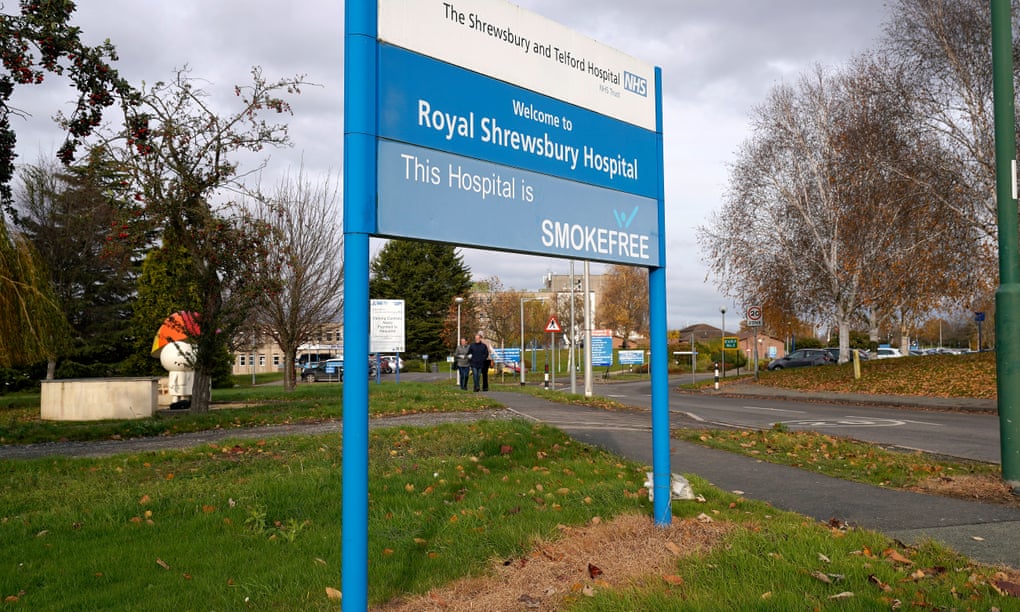
The Shrewsbury and Telford Maternity Scandal – recommendations made to improve maternity services across England
How do we improve maternity services in light of the Shrewsbury and Telford Maternity Scandal?
The Ockenden Maternity Review led by Senior Midwife Donna Ockenden was commissioned in 2017 by the then Health Secretary Jeremy Hunt to investigate maternity services at Shrewsbury and Telford Hospital NHS Trust, following concerns raised by the parents of two babies, Kate Stanton-Davies and Pippa Griffiths, who died under their care.
A preliminary report was released on 10th December 2020 at the request of Nadine Dorries MP, the Minister of State for Mental Health, Suicide Prevention and Patient Safety, to make immediate recommendations to improve safety in maternity services across England.
The review has identified 1862 families where avoidable harm may have been caused to mothers and babies as a result of the care provided by the Trust between 2000 and 2019. These include stillbirths, neonatal deaths, maternal deaths, HIE Grades 2 and 3, and other severe complications in mothers and newborn babies. The preliminary report is based on the findings of the first 250 cases with the full report expected in 2021. It is thought to be the largest inquiry relating to a single service in the history of the NHS.
The review identified a number of ‘emerging findings and themes’ which formed the basis of the recommendations for Local Actions for Learning and Immediate and Essential Actions to improve maternity services at the Trust and across all maternity units in England. These include robust pathways for management of women with complex pregnancies, risk assessment at each antenatal contact, improvement in the monitoring of fetal wellbeing and ensuring women have access to sufficient and accurate information to enable informed consent. It is made clear that these recommendations are to be implemented and that Trusts, regulators and professional bodies must work collaboratively to do so, as “to do nothing is not an option”.
Following publication of the report, Nadine Dorries announced in Parliament a plan for an “early warning system” to detect and prevent future maternity care scandals, and for the introduction of a “core curriculum” of training to be introduced for all midwives, doctors and Obstetricians. She described the Ockenden report as “fundamental in how it’s going to reform maternity services across the UK going forward”.
The findings of the report are not surprising to those of us who work with families that have suffered avoidable harm as a result of failings in maternity care. The sheer number of cases is shocking but is likely to be the tip of the iceberg as Shrewsbury and Telford are not the only Trust failing to provide adequate maternity care. Earlier this year, maternity services at Nottingham University Hospitals Trust were rated as ‘inadequate’ by the Care Quality Commission, and a previously unpublished report from 2017 was released to the BBC which identified serious failings at North Devon Healthcare NHS Trust. Sadly, this is unlikely to be the last “maternity scandal”.
The report is a testament to the tenacity and bravery of the families who have shared their stories to provoke meaningful change in maternity services and prevent any other family suffering as they have done. It is encouraging that the Government have responded swiftly to the report and it is hoped that the introduction of the early warning system and the core curriculum will bring about positive change to ensure the safety of all women and babies in maternity care.
If you have concerns in relation to the care you or your child received at Shrewsbury and Telford Hospitals or at any other hospital across the country, please contact us for a free review of your claim.